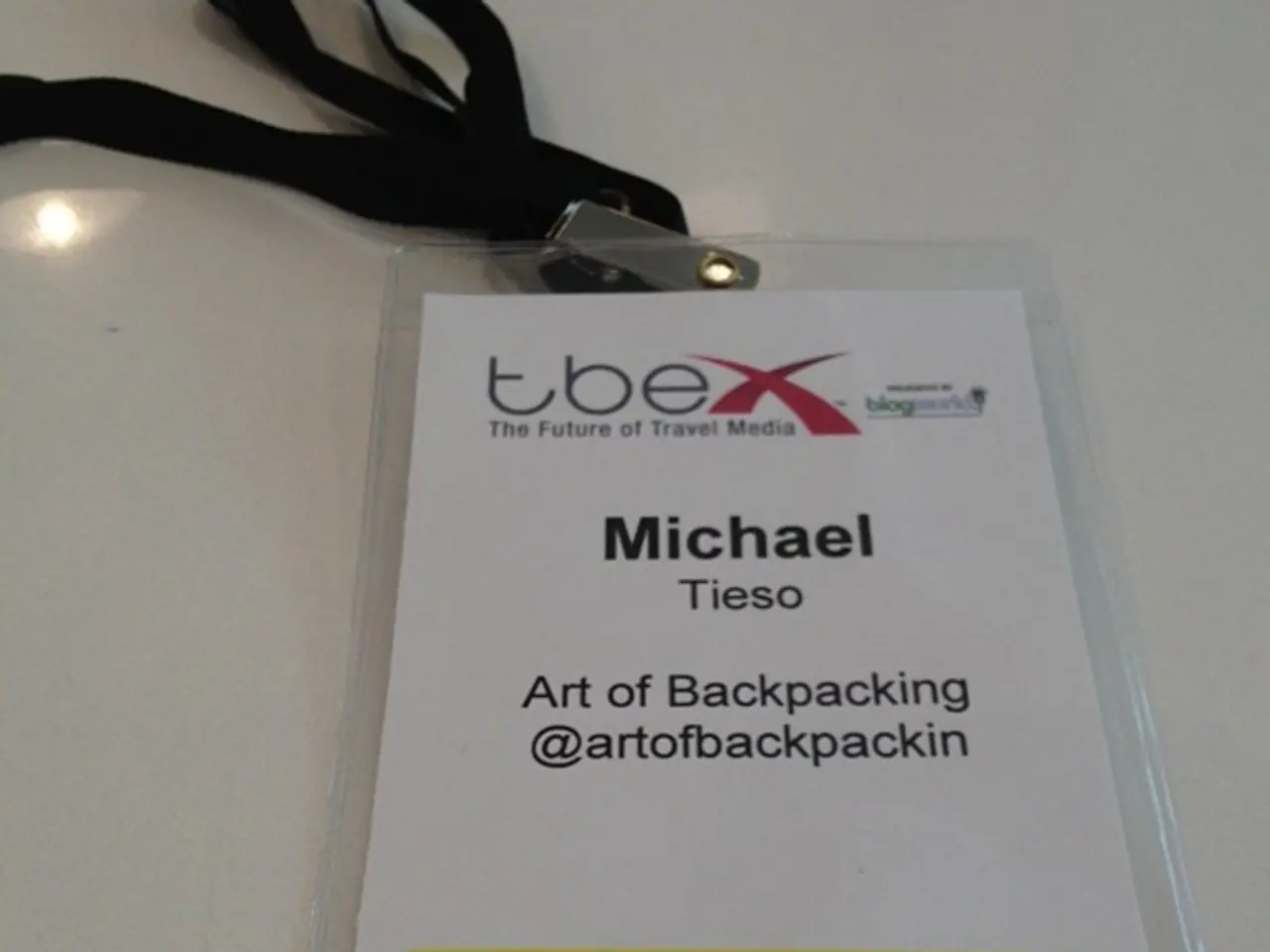Career Moves: Discovering Essential Abilities to Advance Your Professional Journey
In today's fast-paced, ever-evolving job market, adaptability is key. One way to ensure you stay ahead is by focusing on transferable skills - soft skills that can be applied in any situation or career. These skills, such as communication, problem-solving, and management, are essential for success and adaptability in a rapidly changing work environment.
Communication Skills
The ability to convey ideas clearly is crucial. Whether it's speaking to colleagues, clients, or stakeholders, effective communication facilitates teamwork, helps explain complex information to non-experts, and enhances relationships across organizational boundaries.
Problem-Solving and Analytical Thinking
These skills are vital for making informed decisions, improving processes, and adapting to new technologies and scenarios. They allow us to critically assess challenges, troubleshoot, and innovate solutions in real time.
Management and Leadership Skills
Being able to manage projects, lead teams, delegate tasks, and mentor others drives productivity and ensures goals are met efficiently. Leadership also helps professionals rise in their careers and make a significant organizational impact.
Together, these transferable skills enable employees to succeed regardless of specific job functions by fostering adaptability, collaboration, and effective execution of tasks in diverse professional settings.
Digital literacy, the ability to use information and communication technologies to find, evaluate, create, and communicate information, is another important transferable skill. As technology continues to advance, digital literacy will become increasingly essential.
If you're considering a career change or feel stuck in your current role, there are several strategies to help you identify and highlight your transferable skills. Reading through a list of common transferable skills, writing down major accomplishments or projects from a recent job, or connecting with an expert for a personalized skills audit can all be beneficial.
In an interview setting, using the STAR (Situation, Task, Action, Result) or PARLA (Problem, Action, Result, Learned, Application) methods can help demonstrate your transferable skills effectively. These methods allow you to provide concrete examples of how you've applied these skills in past experiences.
Remember, recruiters and hiring managers value transferable skills. By focusing on them, you're not only positioning yourself for success in your current role, but also setting yourself up for a smooth transition should you decide to pursue a new career path.
As technology changes quickly, a person who lacks transferable skills may struggle to adapt and succeed in the future of work. By focusing on these essential skills, you're ensuring your career is not only resilient but thriving in the face of technological advancements.
Career transitions can offer a new beginning and a chance to evaluate, reset, and pivot to a more fulfilling career. Services like GA (General Assembly) can help individuals reimagine their career in design, coding, data analytics, user experience, and more.
So, whether you're looking to advance in your current role, make a career move, or simply want to future-proof your skills, focusing on transferable skills is a smart strategy. Don't forget to add these skills to your resume to help in candidate screening, and consider adding the #OpentoWork label on LinkedIn if you've been laid off or are seeking new opportunities.
Sources: [1] World Economic Forum. (2023). The Future of Jobs Report 2023. [2] McKinsey & Company. (2020). Jobs lost, jobs gained: What the future of work will mean for jobs, skills, and wages. [3] Burning Glass Technologies. (2019). The Skills Gap Myth: What Employers Really Want.
In light of the ever-changing job market, focusing on transferable skills like communication, problem-solving, and management can aid in a successful career change or personal growth within one's current role. For instance, by using the STAR or PARLA methods during interviews, one can effectively demonstrate these skills to recruiters and hiring managers, setting themselves up for success in diverse professional settings.
Furthermore, education and self-development in areas such as software engineering, digital literacy, or career-development programs can enhance one's transferable skills portfolio and help navigate the future of work, ensuring an adaptable and thriving career regardless of technological advancements.




